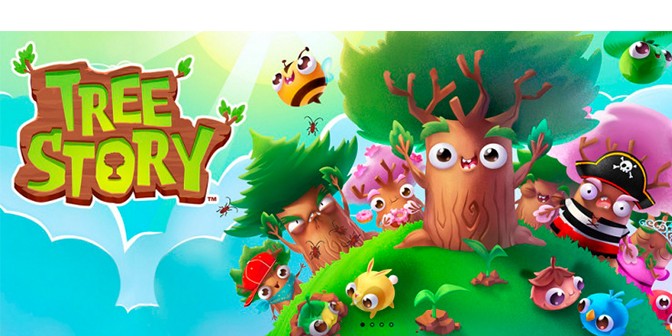Nokia’s iconic Snake (which came preloaded on all the company’s phones after 1998) was amusing to play, revolutionary in that introduced a generation to the concept of single-device mobile gaming and just the tiniest taste of what was to come. Now less than 20 years later we’re playing games comparable to sixth generation console titles on smartphones more powerful in many ways than the PCs we had when Snake was new. And while the word gamer still calls to mind certain pejorative imagery, modern mobile gaming has changed the way all of us approach entertainment.
A lot has happened in seventeen years. Phones became computers. The launch of the Apple App Store in 2008 democratized game development because small, independent game designers could distribute new titles quickly and on the cheap. The price of games dropped. And most importantly, the technology caught up. Early-day mobile games were addictive but simple, with pared down graphics and straightforward rules. Then thanks to Snapdragon’s mobile technology and other mobile GPU advancements, smartphones and tablets could suddenly support complex, graphics-heavy games. Developers stepped up with titles for all ages.
Today mobile is poised to overtake the console industry in the worldwide gaming market and we’re all gamers, even if we haven’t adopted the moniker. Mobile will become the biggest market segment of the 90 billion dollar gaming industry by the end of 2015.Apps have made adult women the largest game playing demographic in the country. But maybe more interesting still is that mobile gaming is literally changing the world for the better.
It’s already well known that playing video games is good for the brain. German researchers conducted a study showing that people who played games for 30 minutes a day gained gray matter in the areas of the brain responsible for memory formation, spatial navigation, fine motor skills and strategic planning. A 2014 study found that fast-paced action games promoted better learning, and other research has shown that gaming can boost data retention.
Mobile gaming in particular may have a positive effect on learning in kids. Numerous studies suggest that not only device access, but also the games on those devices can have a positive impact on classroom engagement, study habits, literacy and student test scores at all levels. It’s not surprising that mobile devices are gaining traction as a learning tool by educators and parents.
Perhaps it’s a little more difficult to accept that mobile gaming is helping people stay healthy. But hospitals like Children’s National Health System in the District of Columbia are turning to games to help patients (and in this case, parents, too) manage illnesses like sickle cell disease. That facility piloted a program that used a game to help kids manage the memory loss that can be a symptom of sickle cell disease while also becoming more engaged in their own care.
Mobile gaming is also helping people manage their own health more effectively. Consider something like the Pact mobile app by GymPact – users are motivated to follow through on their exercise and diet commitments because if they don’t, they have to pay an agreed upon amount to other users who are keeping the pact. The gamification of getting fit could be the answer to America’s obesity problem.
And finally, mobile gaming is helping to make the world a better place thanks to games like Tree Story by Zig Zag Zoom Games. In this virtual pet type game, players nurture their seedlings until they become full-grown trees, and in a heartwarming twist, when players’ trees are sent to their virtual forests, Tree Story partners including the U.S. Forest Service, Project Learning Tree, ACTrees and the Arbor Day Foundation will plant actual trees. Players can even find out where the real-world counterparts of their trees were planted!
These are only some of the ways mobile gaming is having a positive effect on us and the world we live in. As game developers find new ways to harness the growing power of mobile, expect to see a whole lot more good being done.
Jessica Oats is a freelance journalist who loves to cover technology news and the ways that technology makes life easier. She also blogs at FreshlyTechy.com. Check her out on Twitter @TechyJessy.





